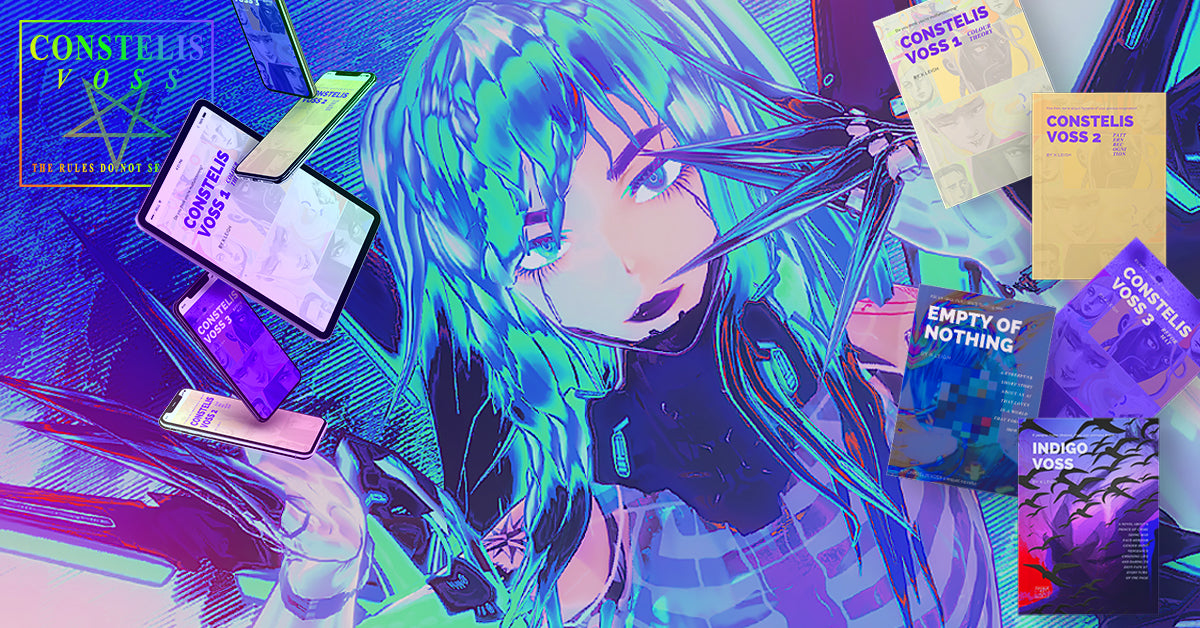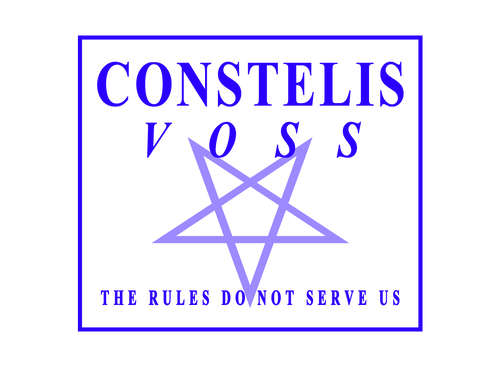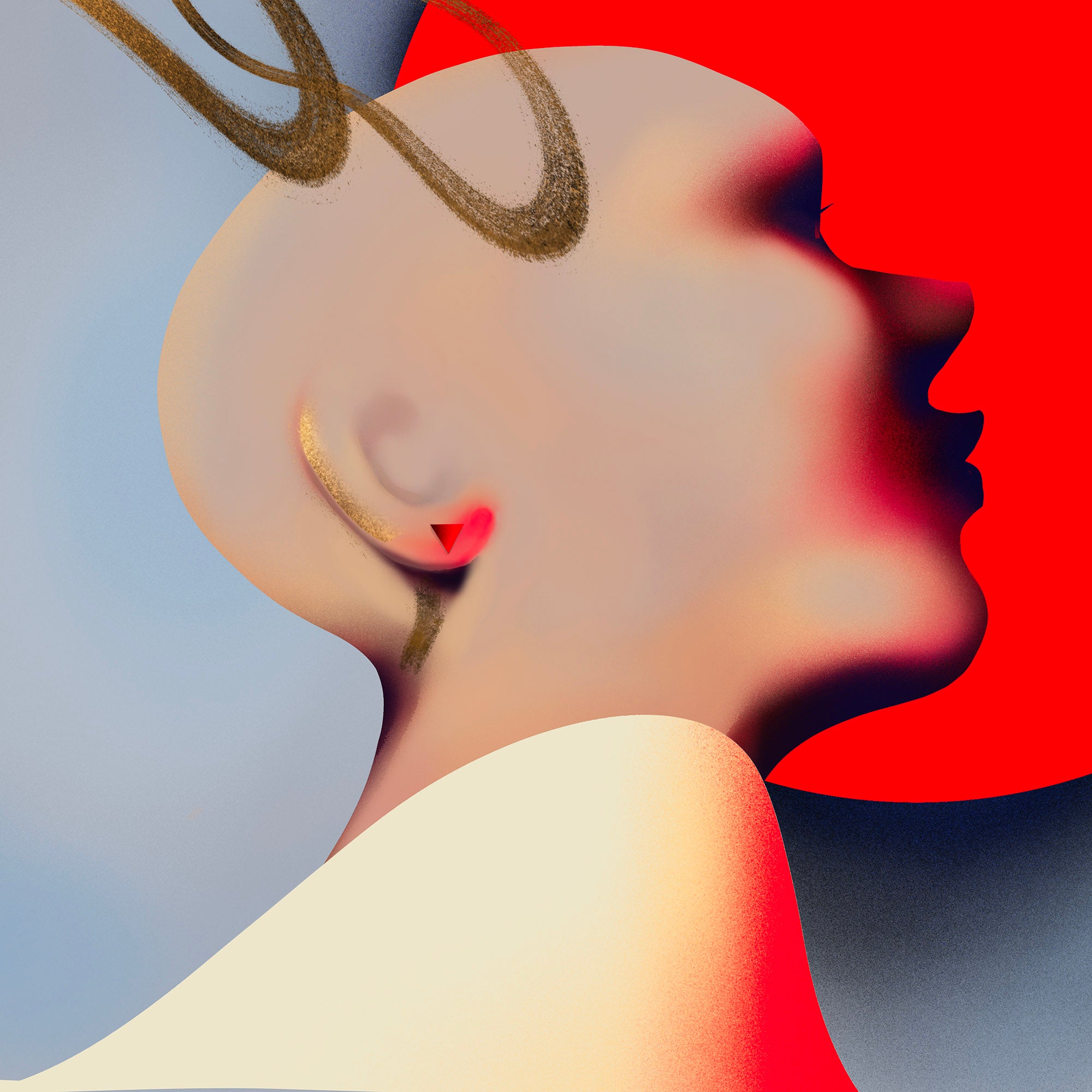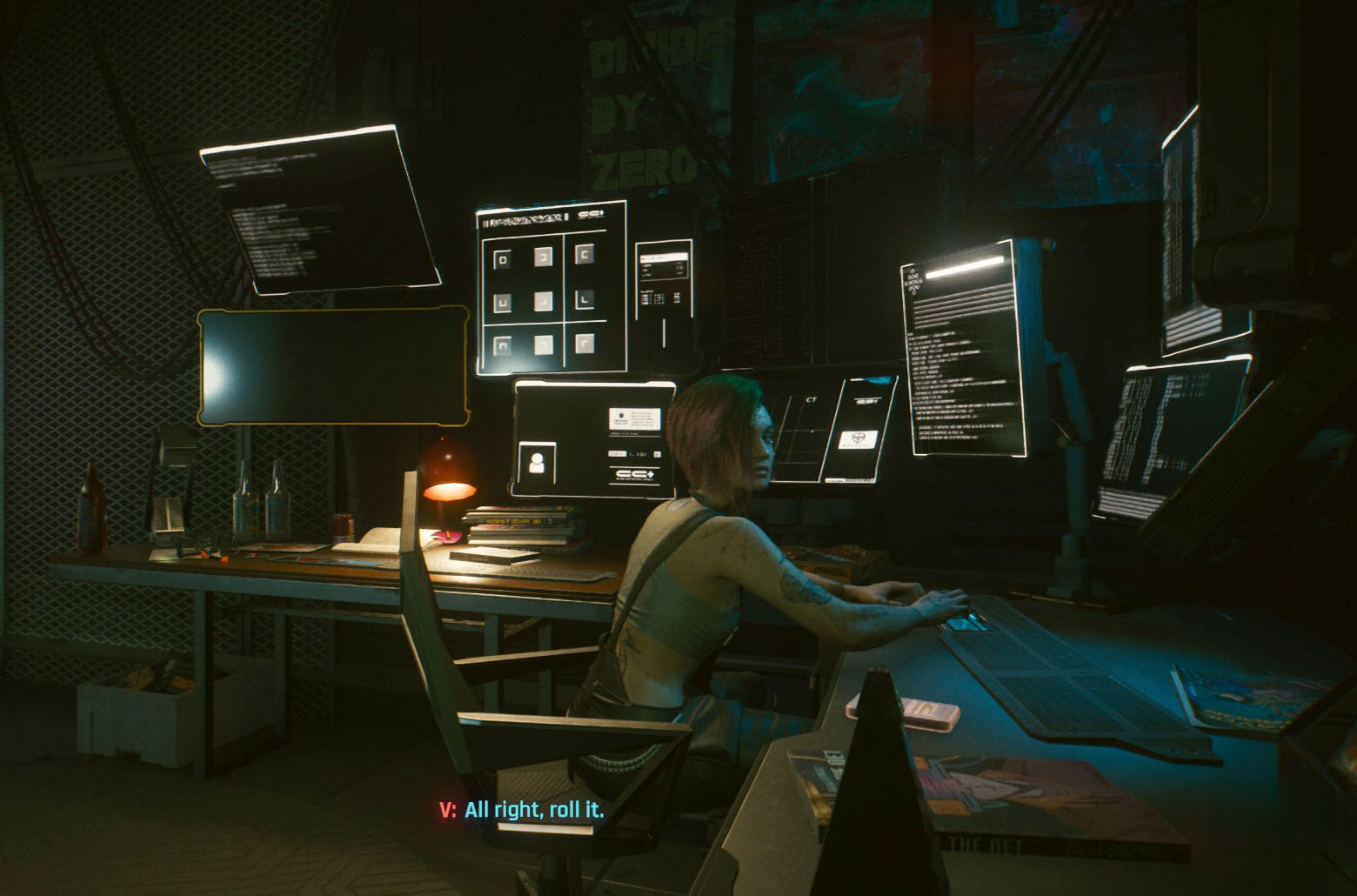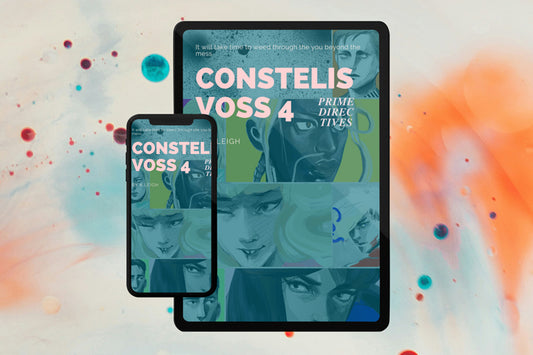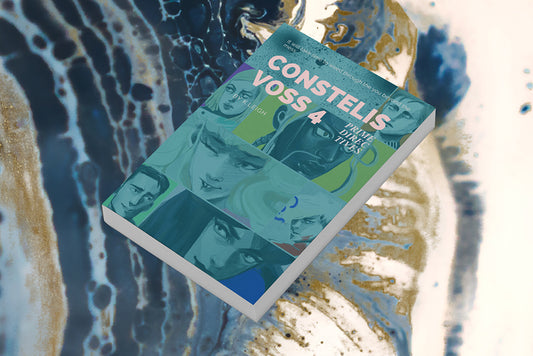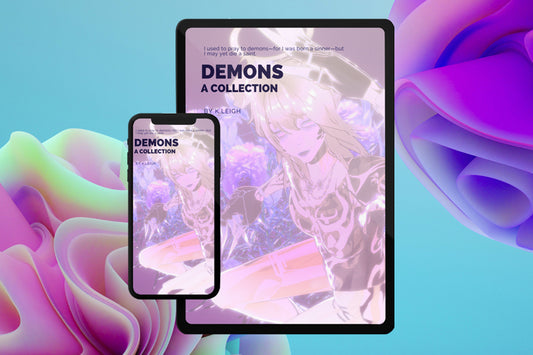This review will be thorough for a piece of literary art that deserves to be read. I purchased it on a whim for the title alone and I'm ecstatic that I did, because I liked it so much that I stayed up late reading it!
THE WRITING:
From an artistic-literary standpoint, "The Hand That Feeds" is stunning. Klapdor wields wordsmithing like a painter. The technical-linguistic parts (grammar/spelling) are both perfect as well.
Moreover, the dialogue reads as natural and humanist; time long-spent actually listening to people and internalizing how they truly speak is very apparent, which is a breath of fresh air in contemporary literature.
If you like not only well-written stories, but beautifully written, visceral ones, then this is the book for you.
THE THEMES:
In terms of concepts, the biggest thing that stands out to me is the neurodivergent/neuroqueer framing. Though I enjoy the fantastical elements, I see them as a way to articulate/examine social issues, which may be my symbology goggles being screwed on too tight—I have a bias in favor of this sort of literature, to be blunt. If you like analyzing art, this is definitely a story you'll enjoy.
There's also the intersection of ableism in this story (which is examined and subverted by way of character development and plot), and was not missed by me. It's appreciated, immensely.
There's a lot to love in "The Hand That Feeds" in terms of concepts of justice, personhood, class issues, social issues and more. It's ambitious with its thematic heavy-lifting, which again, I'm very in favor of.
This truly feels like a story written for neurodivergent queer people, to put a pin in it. As we rarely get a chance to read similar experiences, it's like reconnecting with an old friend. In this way, "The Hand That Feeds" does what so few other novels do; it gives a voice to experiences often misunderstood and maligned by neurotypical society.
Narratives like this are vital and we need more of them; it's like an empathy toolkit, if that makes any sense.
THE PLOT:
As per the plot, I'm not generally into thrillers of sorts, but this one had me itching to find out what happened next. Beautiful prose is not the only skill Klapdor excels at; the tension is solid—and there's plenty of elements of fantastical horror—which means people who enjoy taut story-beats will feel right at home, too.
I could feel the tapestry weaving as I read, which is a sign of good things to come from future installments, as well.
THE WORLD:
Speaking of homes: the world, the world building and the way magic is interwoven with science fiction is fascinating and otherworldly. "The Hand That Feeds" feels unique in a sea of contemporary literature that recycles trade-dress, which makes it a must-buy for readers yearning for something truly fresh.
If you're a fan of high fantasy and visceral science fiction, you'd be hard pressed to find a better mélange of the two genres elsewhere. The world is beautiful, meticulously-crafted and ambitiously explored. I also say this as a reader who isn't very into world-building, which means there's true art here.
THE CHARACTERS:
The characters are intricate, varied, engaging and many flavors of queer. Their relationships also feel authentic and are framed in vast empathy, which is lovely, especially considering poly relationships are a central focus.
"The Hand That Feeds" also explores different facets of consent, agency and negotiations in romance/sex, which shows a maturity I love seeing, as a queer person myself.
I have more to say on the characters and their nuances but I'm trying to avoid spoilers. Let's just say they're all very potent, and it's impossible to lob them into any specific series of tropes, which is a feat most authors can't say they've accomplished.
I'd say that's a something to feel extremely, extremely proud of.
THE CRITS:
To start, some passages don't have the same prose flow, which can feel jarring. Considering chapters are character-focused and there's ND-outlook interplay, this may be conceptual. If deliberate, that's very clever, but some readers will miss this.
Moreover, though there's a glossary, lore, and map included, the world can feel hard to access without a reader-proxy. I get why this choice was made, but this can be a challenge for some readers.
Finally, I did lose the plot whenever narrator-nod felt more meta than omniscient. This might be a stylistic choice. Please keep in mind that I would not have written this detailed analysis-slash-review if I didn't enjoy it. It's impressive and important.
TL;DR:
All in all, "The Hand That Feeds" is an exciting piece of literature that shark-bites into your bones with its excellent prose, well-paced plot and fascinating characters. ⭐⭐⭐⭐⭐
I'm looking forward to reading Klapdor's subsequent novels in the Nefarious series and I'd encourage fans of sci-fi, fantasy and conceptualism to spend time with this novel. It's a refreshingly different read in the best possible way and deserves praise for its ambition and beauty.
This review was originally posted on the CONSTELIS VOSS original blog on 9/30/2021. I'm bringing most of my posts over here and thought this deserved a shout-out first. It's a stunning book and I hope you read it :)
